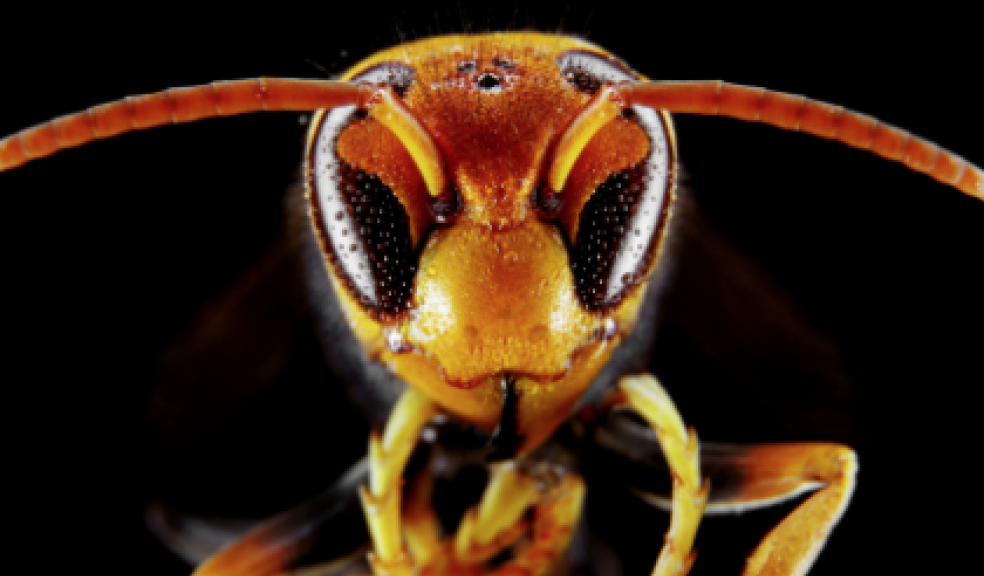
MPs demand new legal powers to fight Devon countryside 'invaders'
As thousands of people head out to enjoy the beautiful Devon countryside, Parliament’s green watchdog has demanded that the Government must implement new legal powers for tackling invasive plants and animals,
Chair of the Environmental Audit Committee, Joan Walley MP said: “The growth of international trade and travel means more non-native plants and animals are being introduced into Britain than ever before and as our climate changes more species are likely to find a foothold here. Not all of these species will become ‘invasive’, but the ones that do can harm native wildlife, clog up our waterways, cause costly problems for homeowners and sometimes even harm human health.”
"It is too expensive to control or eradicate all invasive species, so we have to be smart and pick the fights that we know we can win. We may just have to live with grey squirrels and rhododendrons in much of the UK, but we can and must control other invasive species - like the killer shrimp devastating eco-systems in our rivers and lakes. Identifying potentially invasive species prior to arrival is critical as once organisms like the frightening Asian Hornet are here, they can be very difficult to control.”
Invasive species, such as Japanese Knotweed, the Oak Processionary Moth, the Ruddy Duck and Zebra Mussels, can have detrimental effects on the native species they supplant, as well as on human health and business.
The Environmental Audit Committee is now calling on the Government to revamp the system for controlling invasive species in England and Wales. Current Wildlife legislation has never been used to prosecute anyone and is unlikely to provide the level of protection now needed.
Better prevention, surveillance, monitoring, eradication and long-term control measures are all needed in the fight against invasive species. The Government currently has no formal surveillance system in place to trigger action to ensure early eradication. Defra needs to develop a surveillance system that integrates voluntary wildlife recording with professional monitoring and identification.
The committee said current system of ‘listing’ species to be monitored and controlled is too slow. The Government must implement legal changes recommended by the Law Commission and replicate the Scottish system of species control orders to provide a mechanism for eradicating invasive species before they become established. Species on the existing national lists that are already well established here should be reviewed, according to the Committee. Where habitats cannot be restored or biodiversity protected, the invasive species should be removed from the list and control measures re-evaluated.
Joan Walley added: “Scotland has introduced legal powers to be able to take effective action, quickly and comprehensively, when invasive species are identified as a threat. They use ‘species control orders’ to allow access to land to establish the presence of invasive species, and to implement any necessary control measures. The Law Commission have concluded that such powers should be replicated in England and Wales. We agree. The Government needs to get these implemented straightaway.
A study in 2012 counted 1,875 non-native species established in Great Britain – a figure increasing by 10 species a year – of which 282 had become invasive.The European Environment Agency has estimated the cost to EU countries of invasive species to be €12 billion a year. The Country Land and Business Association and City of London Law Society highlighted high cost examples in the UK:
- £10 million a year in damage to trees by grey squirrels
- £165 million PA to deal with Japanese Knotweed
- £11 million to eradicate Rhododendrom from one national park in Wales alone.
Some invasive species have direct human health effects. Anglers coming into contact with Giant Hogweed received skin inflammations. The pollen of Common Ragweed causes asthma. The Asian Hornet has killed six people in France. The Oak Processionary Moth can cause respiratory and skin problems.
The Wildlife and Countryside Act 1981 prohibits the release of non-native animals and plants into the wild, but no one has ever been prosecuted.













